Mar 26, 2025 by

Creating a trust is a key part of estate planning, helping to manage your assets and ensure they are distributed according to your wishes. If you are considering setting up a trust in New York, one of the first decisions you’ll need to make is whether to choose a revocable or irrevocable trust. Both options serve different purposes and come with unique benefits and limitations. Understanding these differences can help ... [Read More]
Mar 19, 2025 by

Divorce brings significant life changes, and estate planning is one area that should not be overlooked. Many people assume that once a divorce is finalized, their ex-spouse is automatically removed from their will and other legal documents. However, in New York, while some provisions may be revoked by law, relying on state statutes alone can lead to unintended consequences. Reviewing and updating an estate plan after a divorce ensures that ... [Read More]
Mar 12, 2025 by

Planning for the future is important, especially when it comes to protecting your assets and ensuring your loved ones are taken care of. Many people assume a will is all they need, but a living trust offers significant advantages. It provides greater control over how your estate is managed and distributed while helping your family avoid unnecessary stress and expenses. Avoiding Probate and Reducing Delays One of the biggest advantages ... [Read More]
Mar 5, 2025 by

When thinking about an estate plan, many people focus on legal documents like wills, trusts, and powers of attorney. However, one crucial aspect that often gets overlooked is life insurance. Life insurance isn't just a tool for providing financial security to your loved ones in the event of your passing; it can also play an important role in complementing your estate plan, ensuring your assets are distributed according to your ... [Read More]
Feb 26, 2025 by
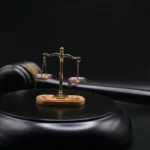
Estate planning is often perceived as a task for older adults or those with substantial assets. However, young families in New York can greatly benefit from early estate planning to protect their loved ones and assets. This blog explores why estate planning is crucial for young families, outlines key considerations, and offers practical steps to ensure a secure future. Why Estate Planning Matters for Young Families Guardianship for Minor Children: ... [Read More]
Feb 19, 2025 by
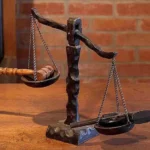
In estate planning, many individuals seek to leave a legacy that extends beyond their immediate family. Charitable trusts offer a strategic way to support causes important to you while providing potential tax benefits. This blog explores the role of charitable trusts in New York estate planning, highlighting their benefits and considerations for those looking to create a lasting impact through philanthropy. Understanding Charitable Trusts A charitable trust is a legal ... [Read More]
Feb 12, 2025 by
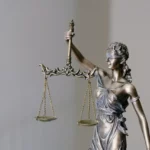
Federal estate tax laws are subject to change, and these changes can significantly affect estate planning strategies, particularly for residents of states like New York. Understanding the implications of these changes is crucial for effective estate planning. This blog explores how recent federal estate tax changes impact New York residents and offers guidance on how to navigate these adjustments. Understanding Federal Estate Tax The federal estate tax is a tax ... [Read More]
Feb 5, 2025 by

Family law disputes can be emotionally charged and complex, often involving sensitive issues such as divorce, child custody, and property division. Mediation offers an alternative to the traditional adversarial court process, providing a collaborative approach to resolving these disputes. This blog explores the role of mediation in New York family law disputes and how it can benefit those involved. What Is Mediation? Mediation is a collaborative process in which a ... [Read More]
Jan 29, 2025 by
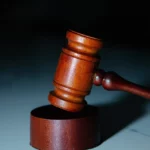
When planning your estate, one tool you might consider is an irrevocable trust. Understanding how irrevocable trusts work and their benefits can help you decide if they are the right choice for your estate plan in New York. This blog provides a comprehensive overview to help you make an informed decision. What Is an Irrevocable Trust? An irrevocable trust is a type of legal agreement where the person establishing the ... [Read More]
Jan 22, 2025 by
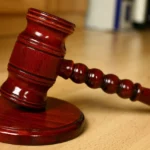
Estate planning is essential for everyone, but it can be particularly complex for non-U.S. citizens residing in New York. Understanding the unique legal and tax considerations is crucial for effective estate planning. This blog outlines key aspects non-U.S. citizens should consider when creating an estate plan in New York. Understanding Residency and Domicile For estate planning purposes, it's important to distinguish between residency and domicile. Residency refers to where you ... [Read More]